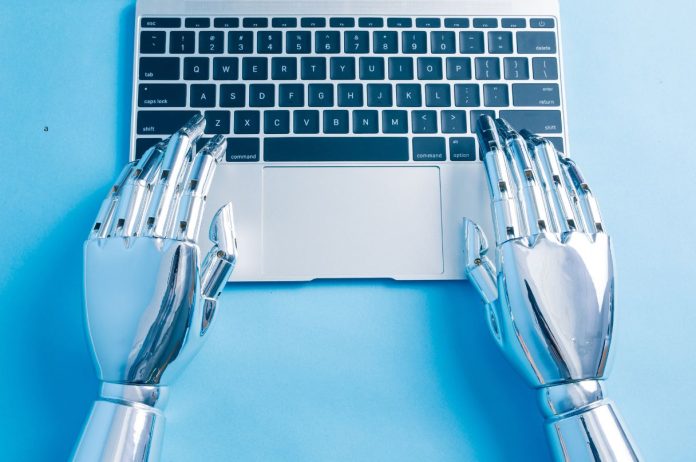At least 64% of Brazilian marketing professionals working in B2B areas already use generative AI tools on a daily basis. In Latin countries, the adoption of AI reaches 49% 49% ¡The most used mechanism is ChatGPT, developed by OpenAI, adopted by 88% of professionals in Brazil, and 66% in Latin American countries.
In Brazil, only 6% have adopted Copilot ARE the solution offered by Microsoft for companies. Another 4% use Gemini, from Google, and 2% use the Claude AI, developed by Anthropic. In Latin countries, Gemini and Copilot are used by 10% of professionals, and Adobe Firefly, 3%.
The data were obtained by the new edition of the survey “O Marketing Status B2B”, developed by Intelligenzia and that, this year, expanded its analysis to include Latin American countries. Altogether, 958 professionals who are in the areas of Marketing of B2B companies answered the questionnaire, 437 from Brazil, 239 from Colombia, 126 from Chile, 82 from Mexico, 56 from Peru and 18 professionals from Argentina. At least 67% are in management and supervision positions, another 6% in C-Level positions and act as analysts.271T3.
“The numbers show an interesting fact: people are using AI in work & IT is not something adopted by companies. There is an idea that AI will take jobs, but at the corporate level, these tools have had a much more timid adoption. ChatGPT is very popular, but little used corporately, for issues such as information security. Already Copilot, which was developed by Microsoft for corporate use, had a slower evolution, probably due to the cost of”, explains Gabrielly Abrantes, Digital Strategies manager at Intelligenzia.
Money and Marketing strategies for 2025
This year, in Brazil, 55% of companies had a higher marketing budget compared to the number of 2023 ' which points to a slight slowdown in investments compared to last year 'when 61% of companies had their budgets increased. In Latin countries, only 38% of respondents had an increase in funds this year 'however, 71% of them expect to have a larger budget in 2025, against 64% of Brazilians.
In addition, the year 2024 marked the return of events to marketing planning in Latin America: 65% of Brazilians and 60% of Latinos allocated most of the budget at fairs and other physical events. Content generation was the second priority of marketing for 59% of professionals in Brazil, and 53% of Latinos, while paid media was in third place, adopted by 51% of Brazilians and 43% of Latinos.
As for the structure, most of the Latin marketing teams (58%) have only one internal team to operationalize the strategy. In Brazil, 58% of companies also have the support of agencies. Throughout Latin America, the preference model was, in 2024, the hiring of separate agencies ' COUNTERacting the trend that the research pointed in recent years to the hiring of integrated agencies.
Organic x paid
In Brazil, at least 73% of Marketing professionals declared that the largest source of lead generation was Google Ads in 2024 (second place was organic content (51%), followed by LinkedIn Ads (37%). Already in Latin countries, the first engine for lead generation is organic content (60%), followed by Google Ads (57%), and LinkedIn Ads (43%). Throughout Latin America, Instagram appears in fourth place 2T3.
In addition, there are differences in relation to marketing maturity.In Latin countries, 60% evaluated their level of maturity in relation to digital marketing as still in development; 31% see the most mature area in relation to the theme, and only 8% declared that the area is at a sophisticated level of performance in relation to digital strategies.
In Brazil, 32% see the area as having an average level of maturity in relation to digital strategies, and 47% are still in a development stage; 20% already consider themselves at a sophisticated level of digital performance.
The full study can be downloaded at: https://intelligenzia.com.br/status-do-marketing-b2b-no-brasil-edicao-2025/


